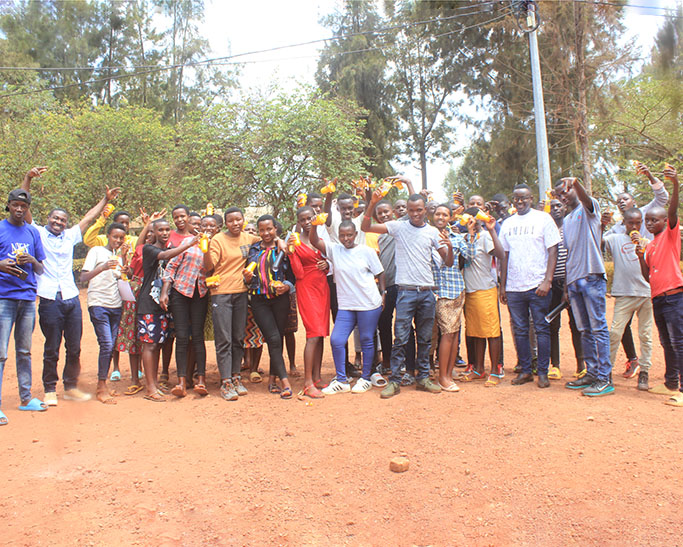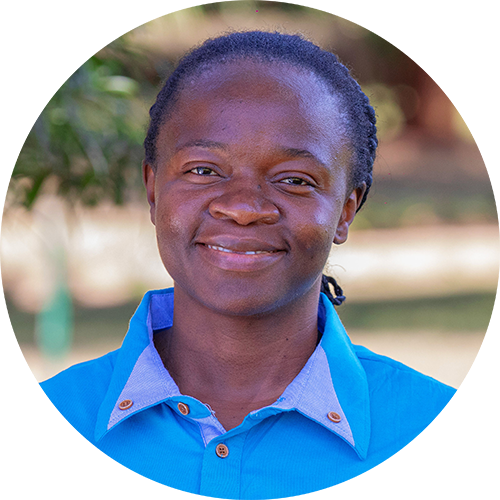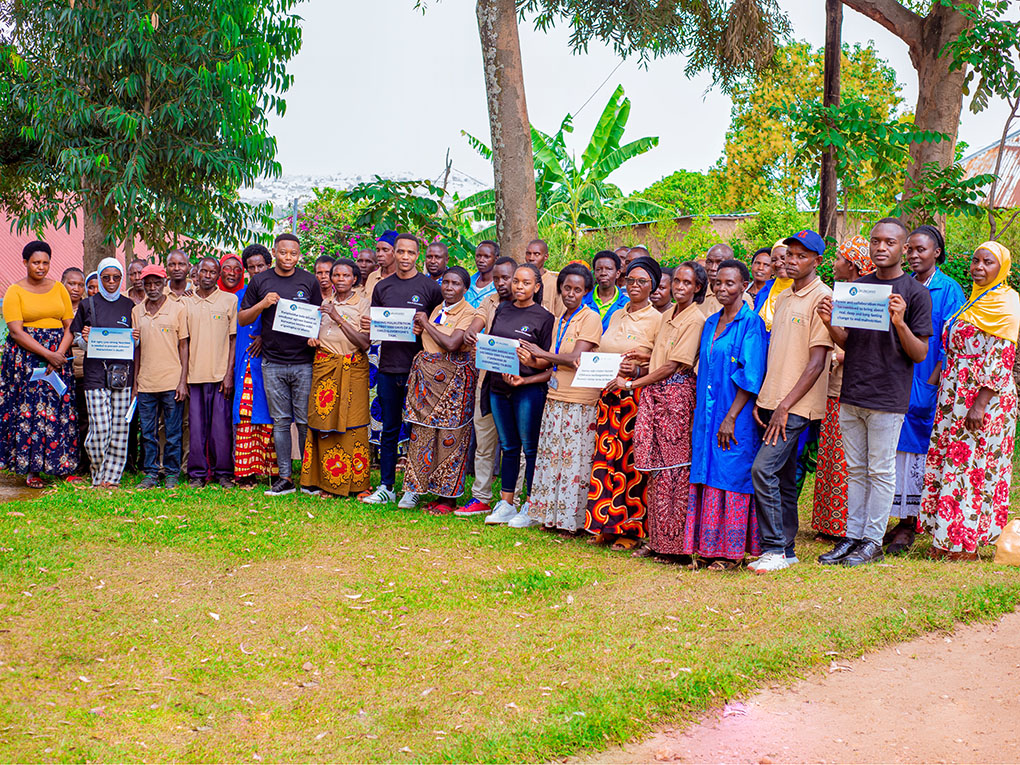Community
Development Grants
Our Scholars are creating the changes they want to see in their communities and society. The Community Development Grant program helps them to do this, providing them with capital to start or expand their own community projects and businesses.

Community Development Grants are open exclusively to WMI Graduate Scholars and provide the opportunity to start or significantly expand a community-based organization, non-governmental organization, business, or community service project. All graduate scholars are eligible to apply for a Seed Grant of up to 1000 USD. Upon Successful implementation of the Seed Grant, scholars can work in-depth with WMI staff to develop expansion strategies and apply for a Growth Grant of up to 5000 USD. Previous Seed Grants have supported primary and secondary education programs, health programs, youth employment initiatives, agricultural development projects, and peace and conflict resolution programs.
Igniting Change Around the World
We are proud to announce that we have awarded 120 community development grants to WMI scholars from 19 countries since 2016! Our graduate scholars are making great strides in their communities and world. Here is where transformation is taking place.

Seed Grant Awardee Spotlight
Dr. Deekshanta Sitaula & Dr. Amisha Silwal, Nepal
Amisha Silwal and Deekshanta Sitaula are both medical doctors from Nepal. They led a team of volunteers and completed research papers assessing the risky habits and behavioral risk factors among adolescents in the Rasuwa district of rural Nepal by creating awareness and educating adolescents about healthy lifestyles to prevent them from developing non-communicable diseases. They completed study and submitted three research papers in open-access journals of Hindawi and Wiley publications and through this project, addressing the UN Sustainable Development Goals of good health and well-being, and sustainable cities/communities.
Meet Some of Our Community Development Seed Grant Awardees

Shallotte Bi Kum
Cameroon

Victor Lee
South Sudan

Caroline Viola Isinge
Uganda

Egide Dushimirimana
Rwanda

Nasilele Mubita
Zambia

Sihlobo Khumalo
Zimbabwe


